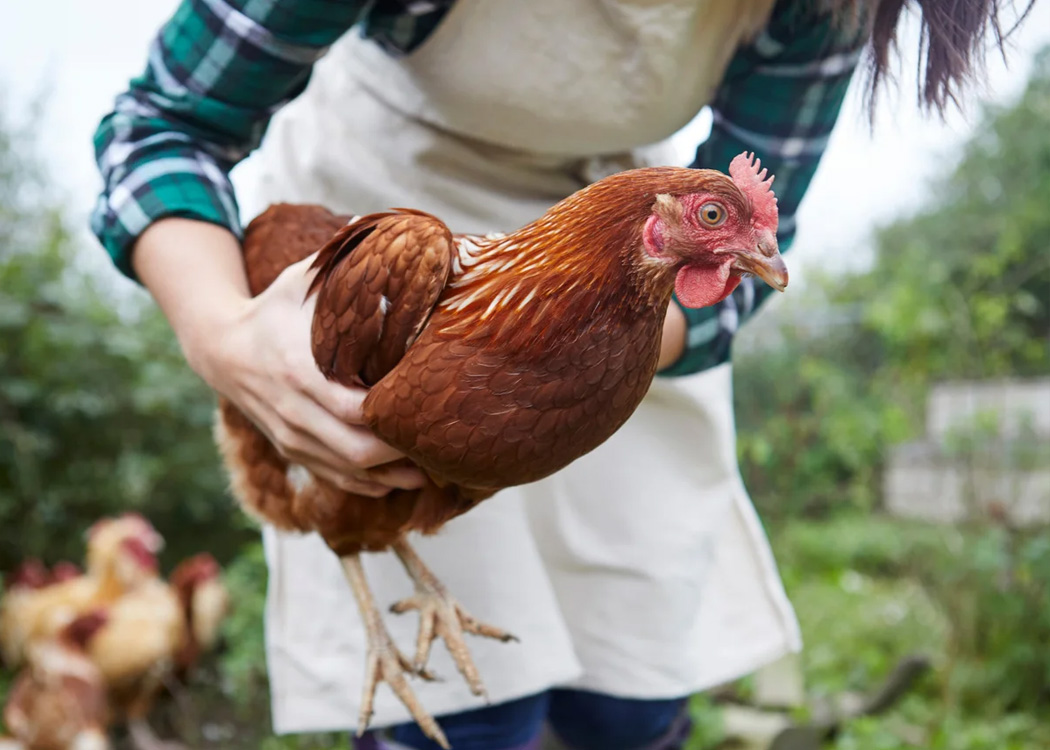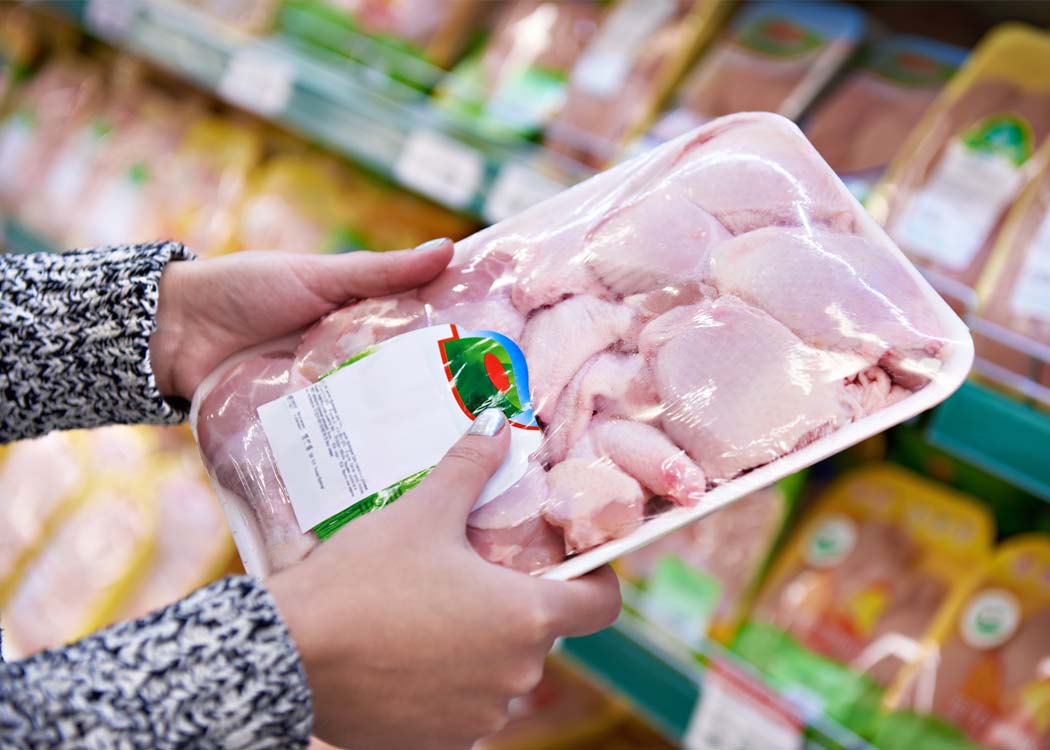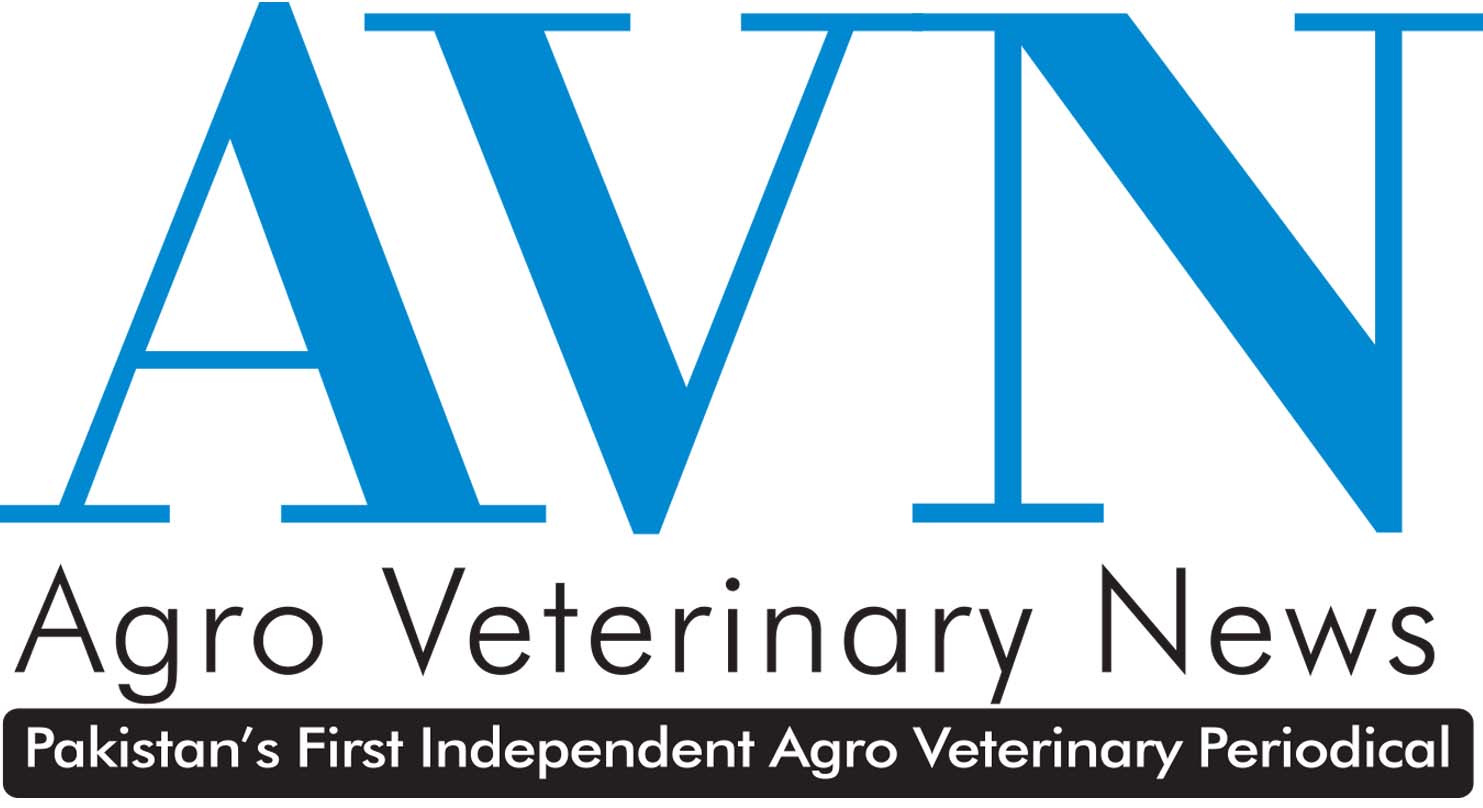The United Kingdom is once again grappling with a surge in avian influenza (bird flu) cases, raising concerns for both wildlife and the poultry industry. Following a lull in mid-2023, cases spiked sharply in the autumn of 2024, forcing authorities to impose new prevention zones across England, Scotland, and Wales.
The virus is impacting both wild bird populations—particularly seabirds suffering devastating die-offs—and farmed poultry, where outbreaks have triggered mass culls and movement restrictions. Nearly 1.8 million birds have been culled in just the past three months, according to official figures.
In response, the UK government has expanded avian influenza prevention zones requiring strict biosecurity protocols. In high-risk regions, housing orders now mandate that poultry be kept indoors to reduce exposure to infected wild birds. Farmers in affected areas also face egg movement restrictions, deepening financial strain across the industry.
While the risk to human health remains low, one poultry worker in England recently tested positive for bird flu and is recovering well after receiving antiviral treatment. Health officials emphasize that no sustained human-to-human transmission has been detected.
Economically, the outbreak is hitting farmers hard, with reports of up to a 50% rise in costs and challenges in moving eggs and poultry products. The government has stressed the importance of protecting food security as the outbreak threatens to destabilize supply chains. The renewed surge underscores the critical need for heightened surveillance, stronger biosecurity, and rapid response measures to safeguard both the poultry sector and Britain’s wildlife.





